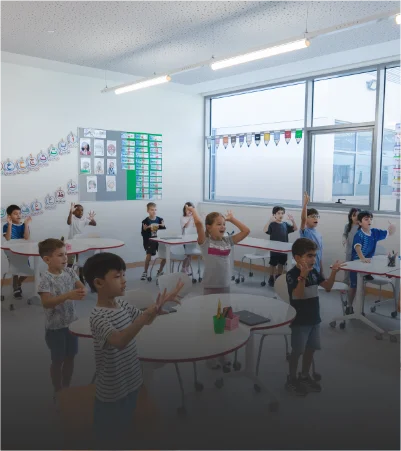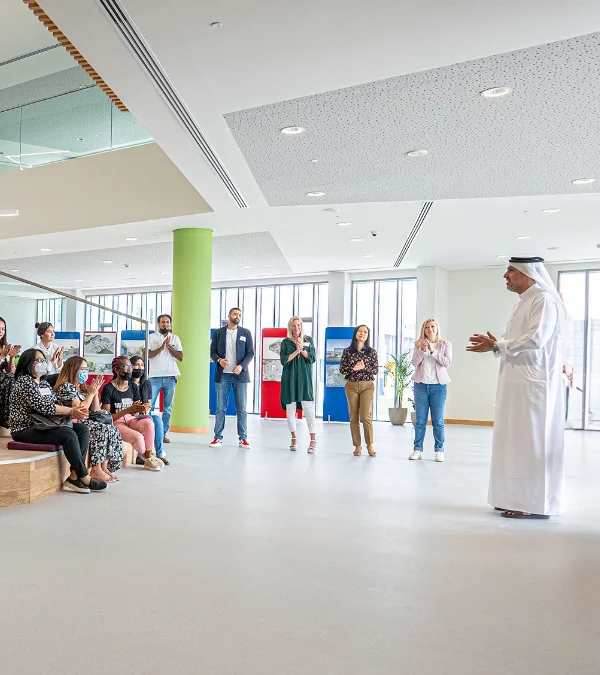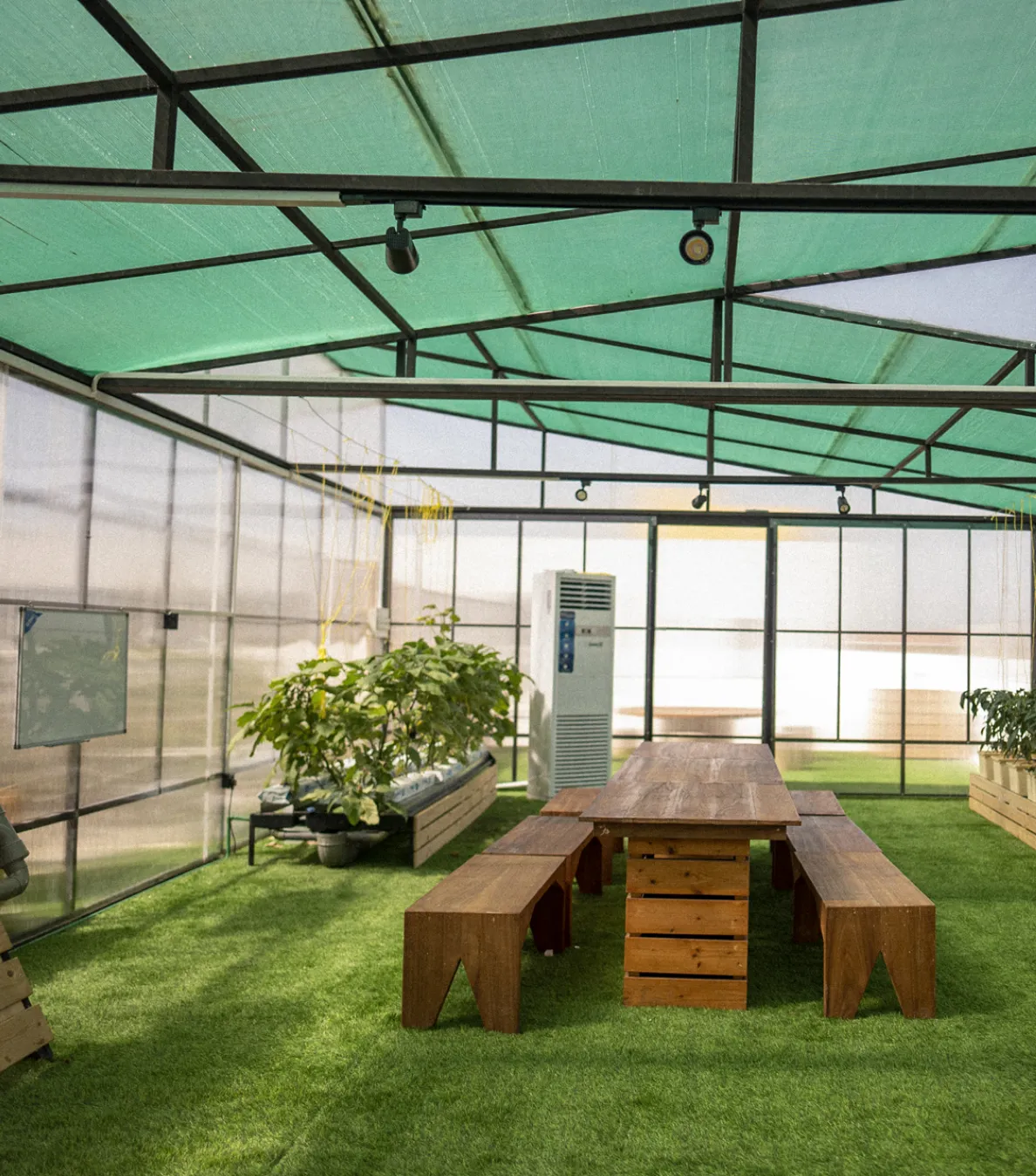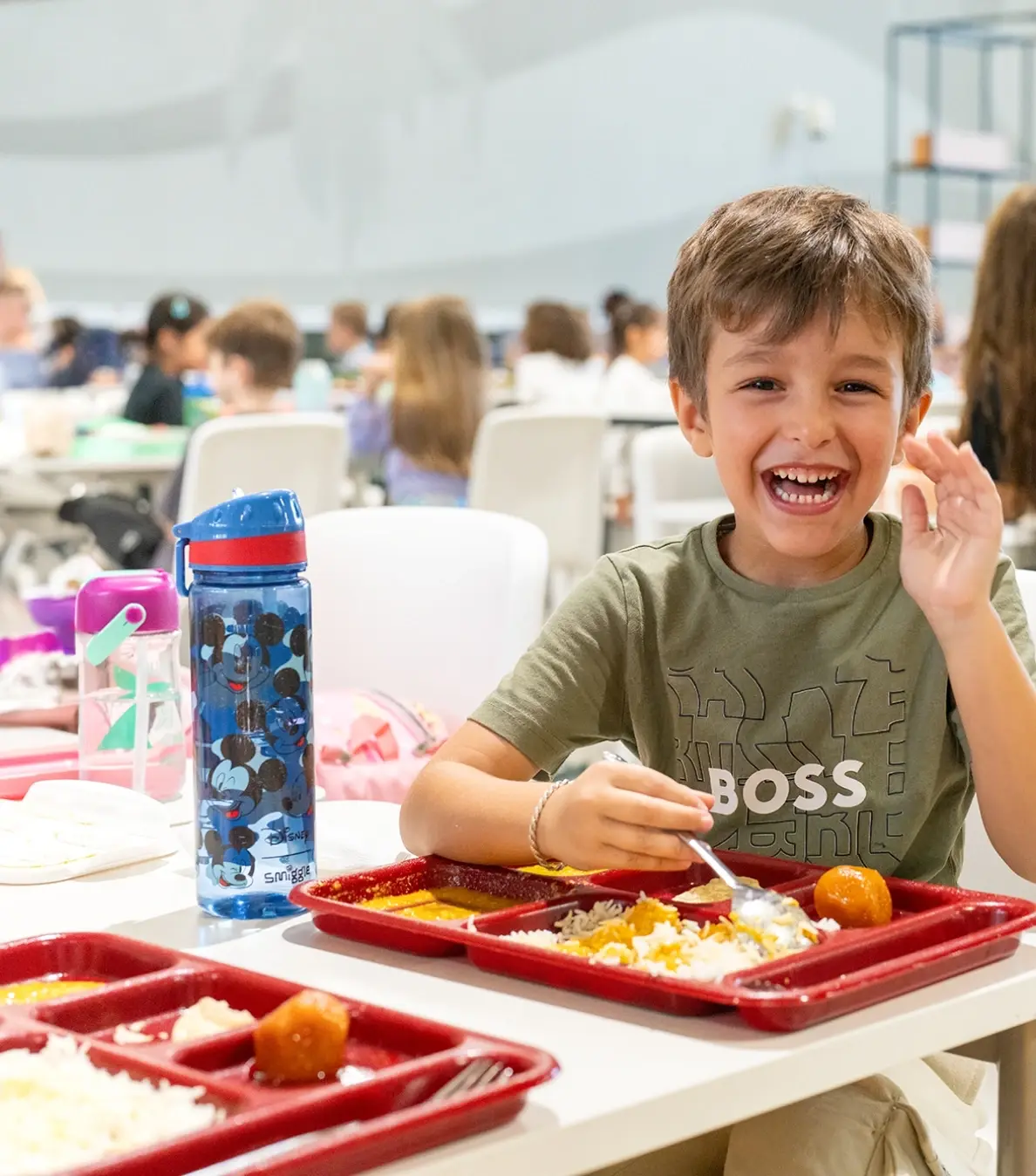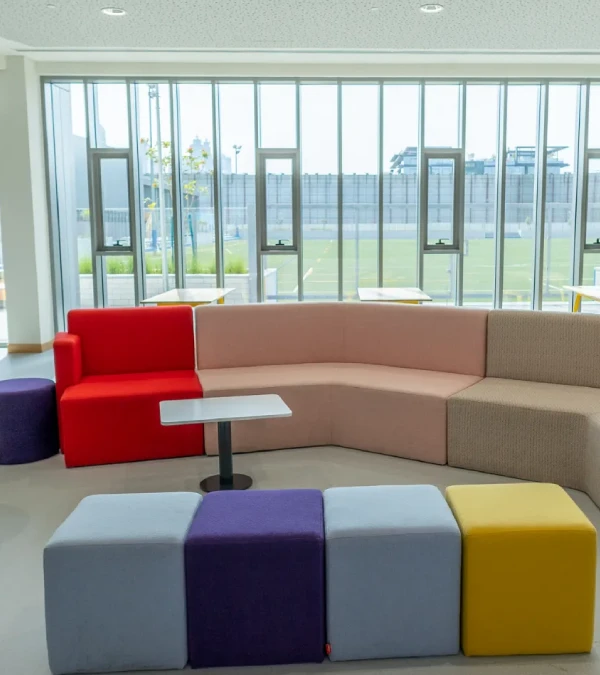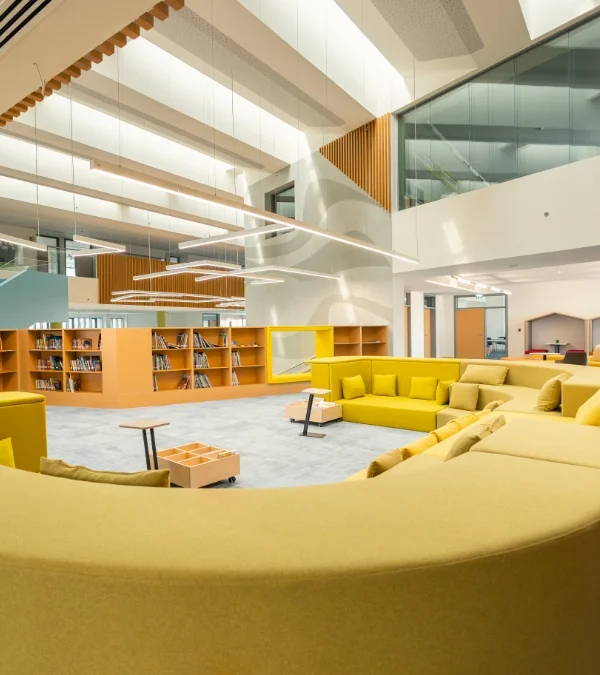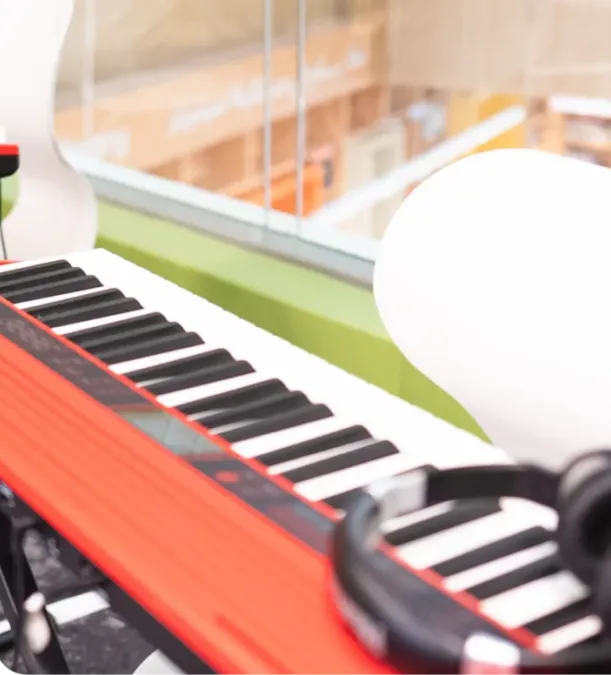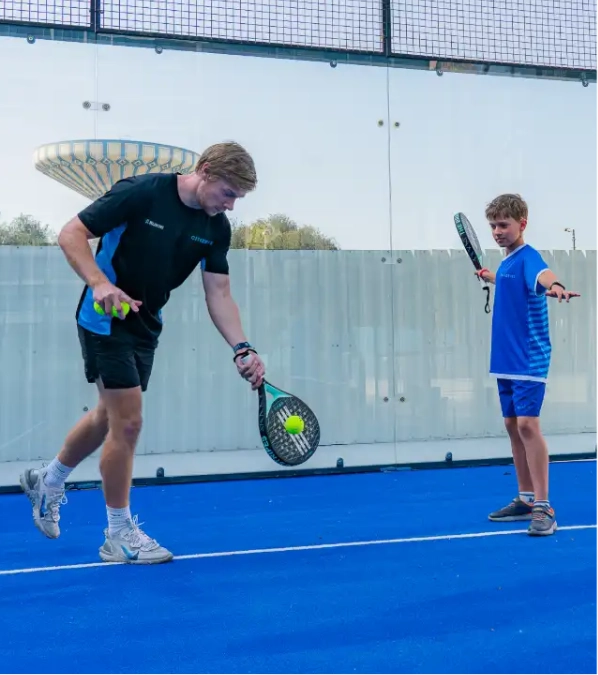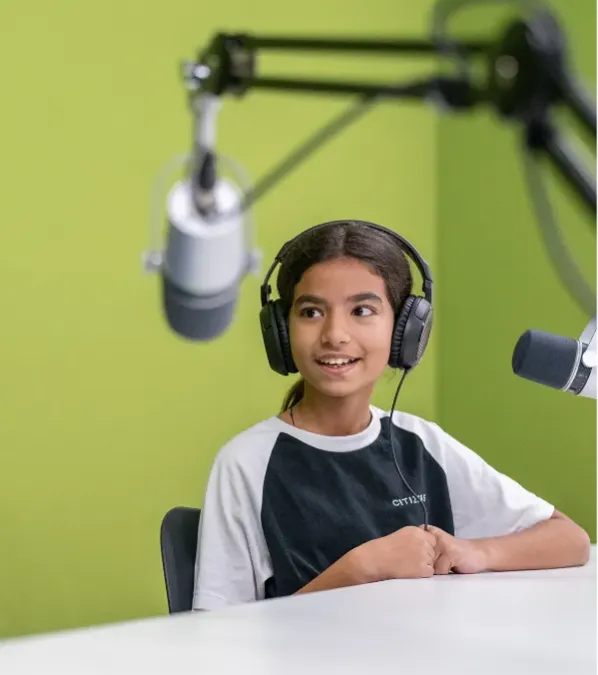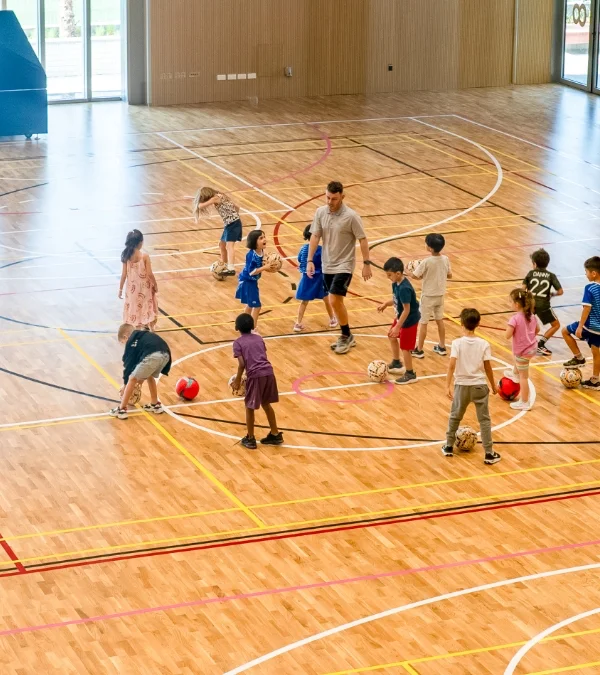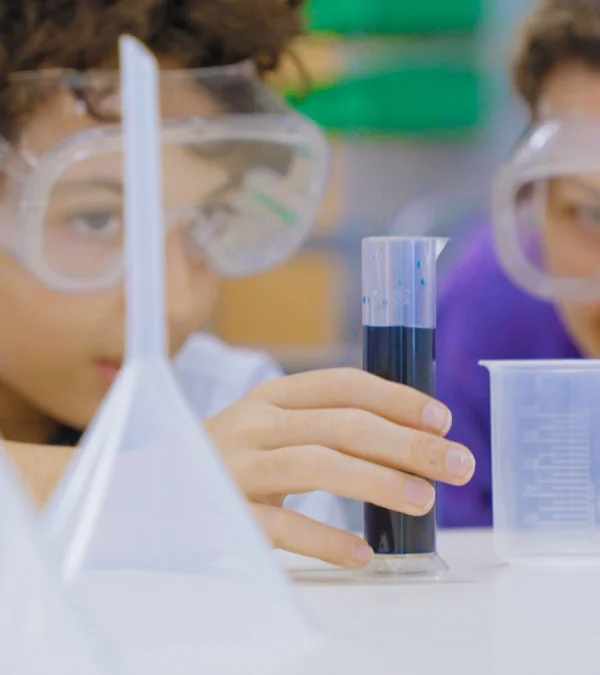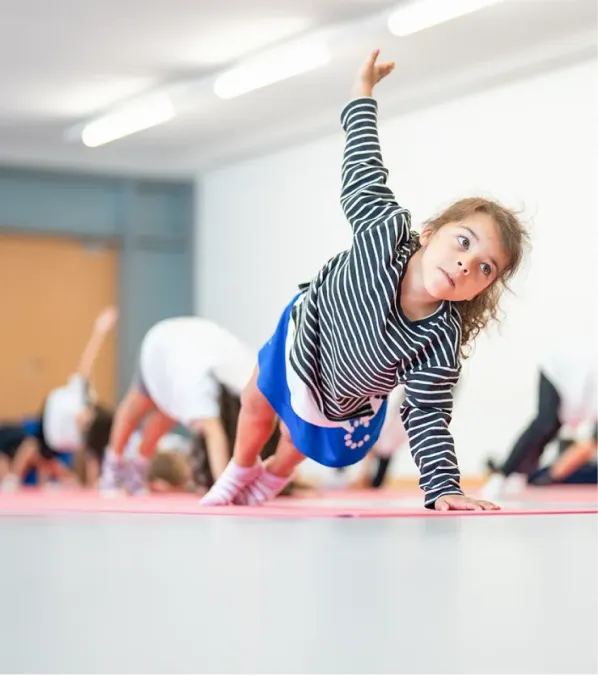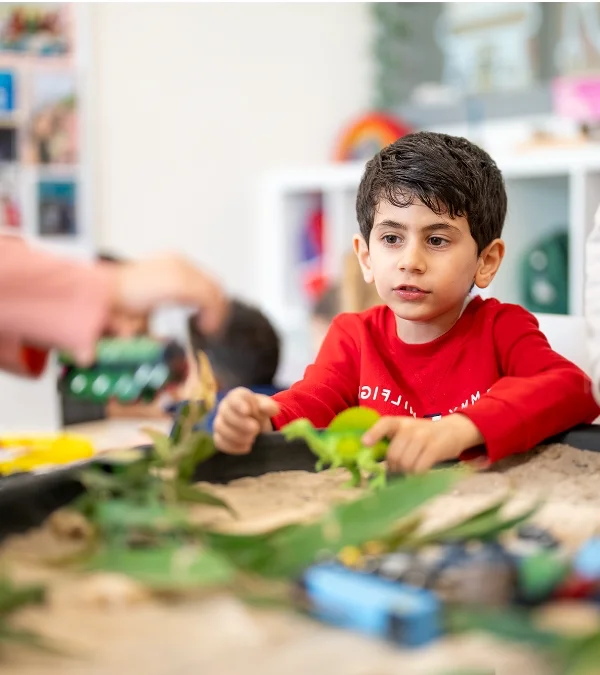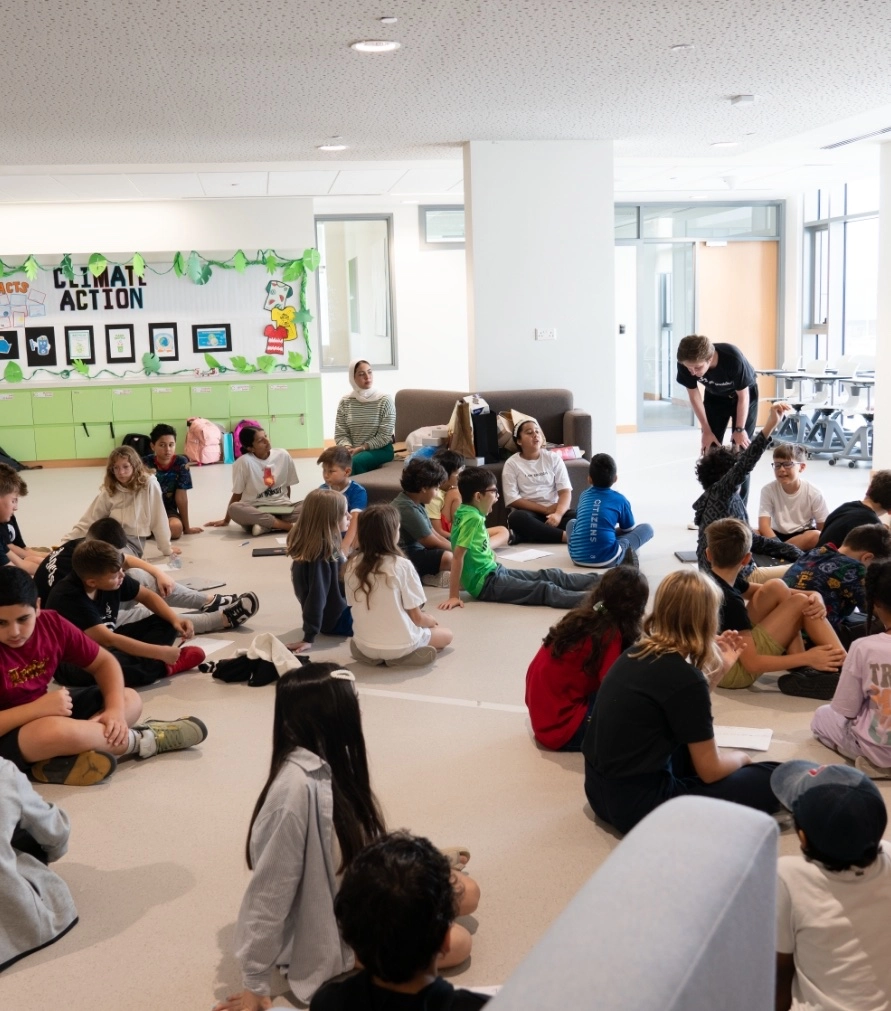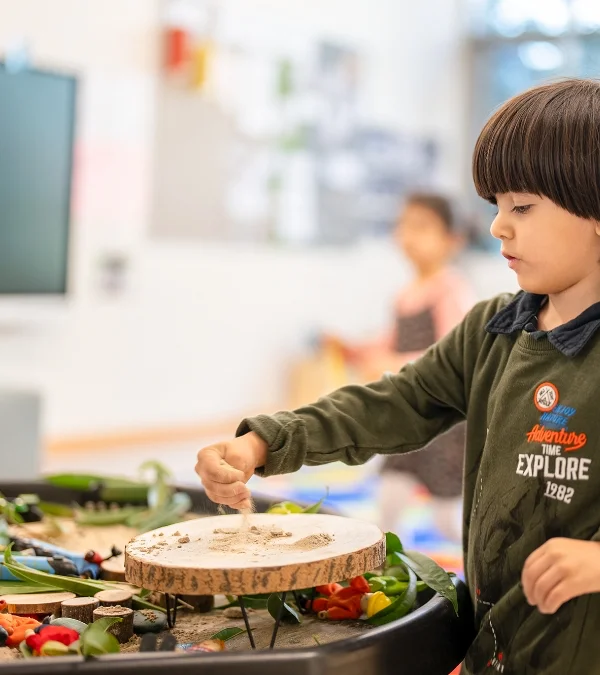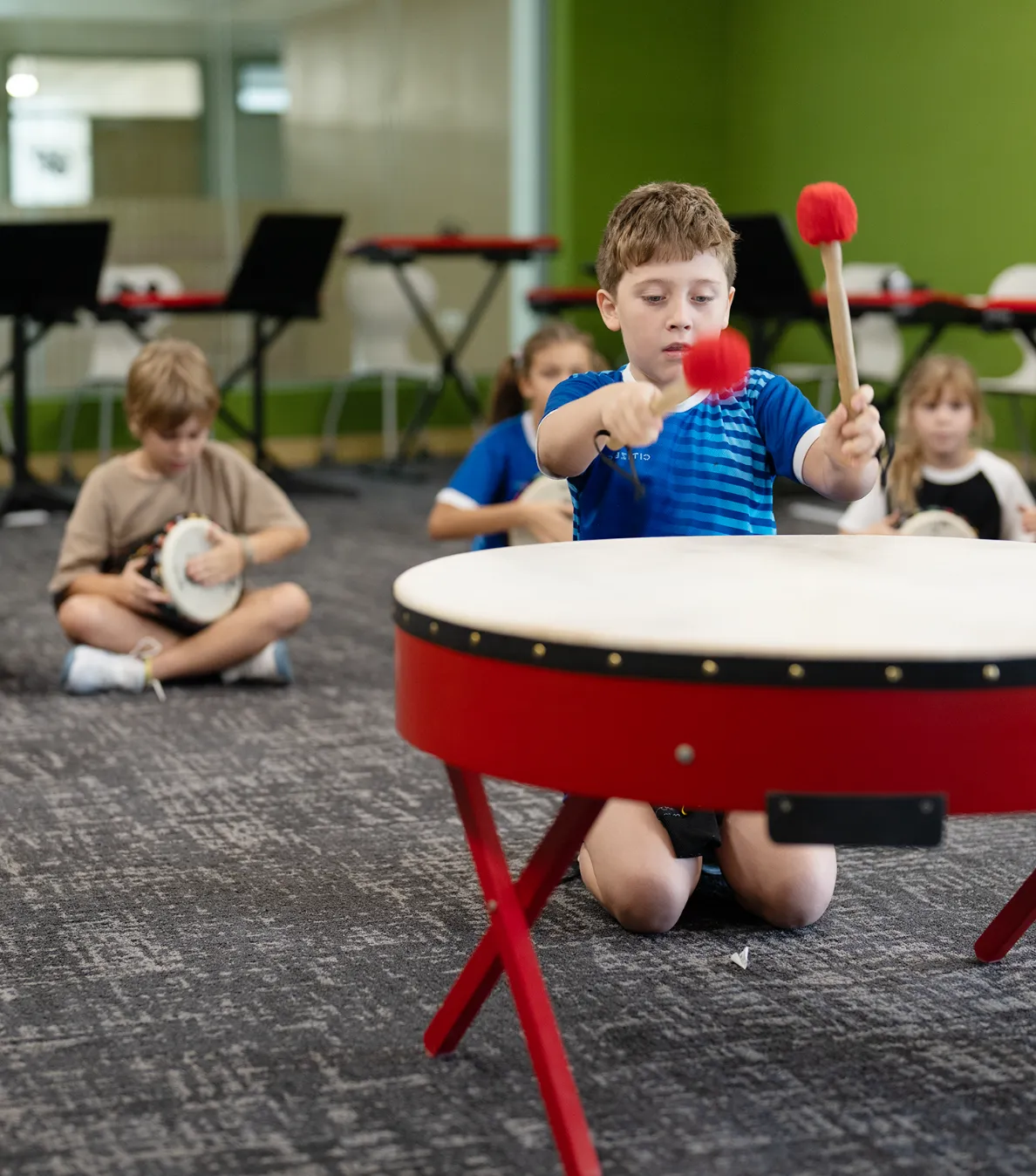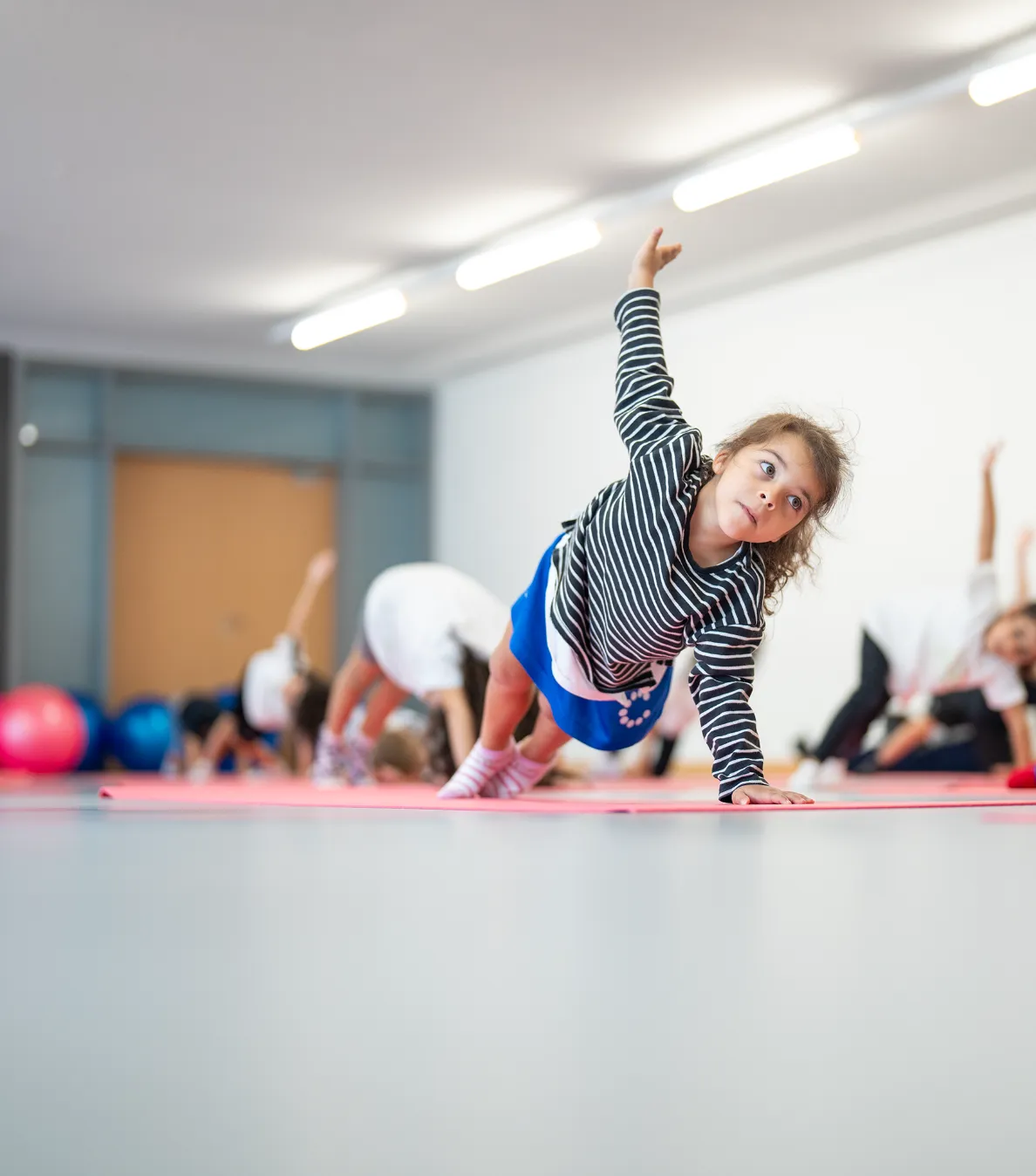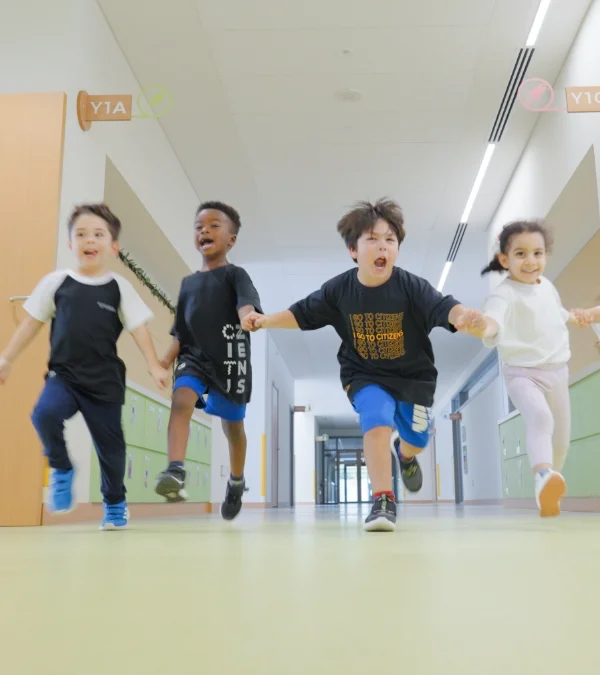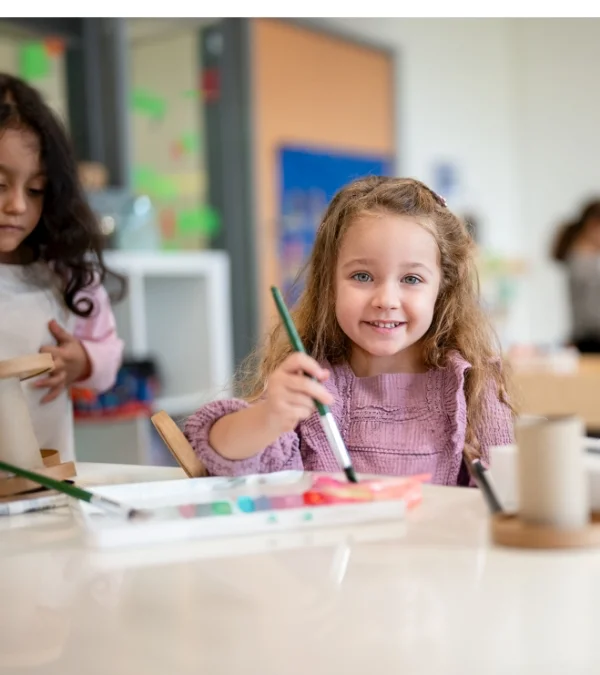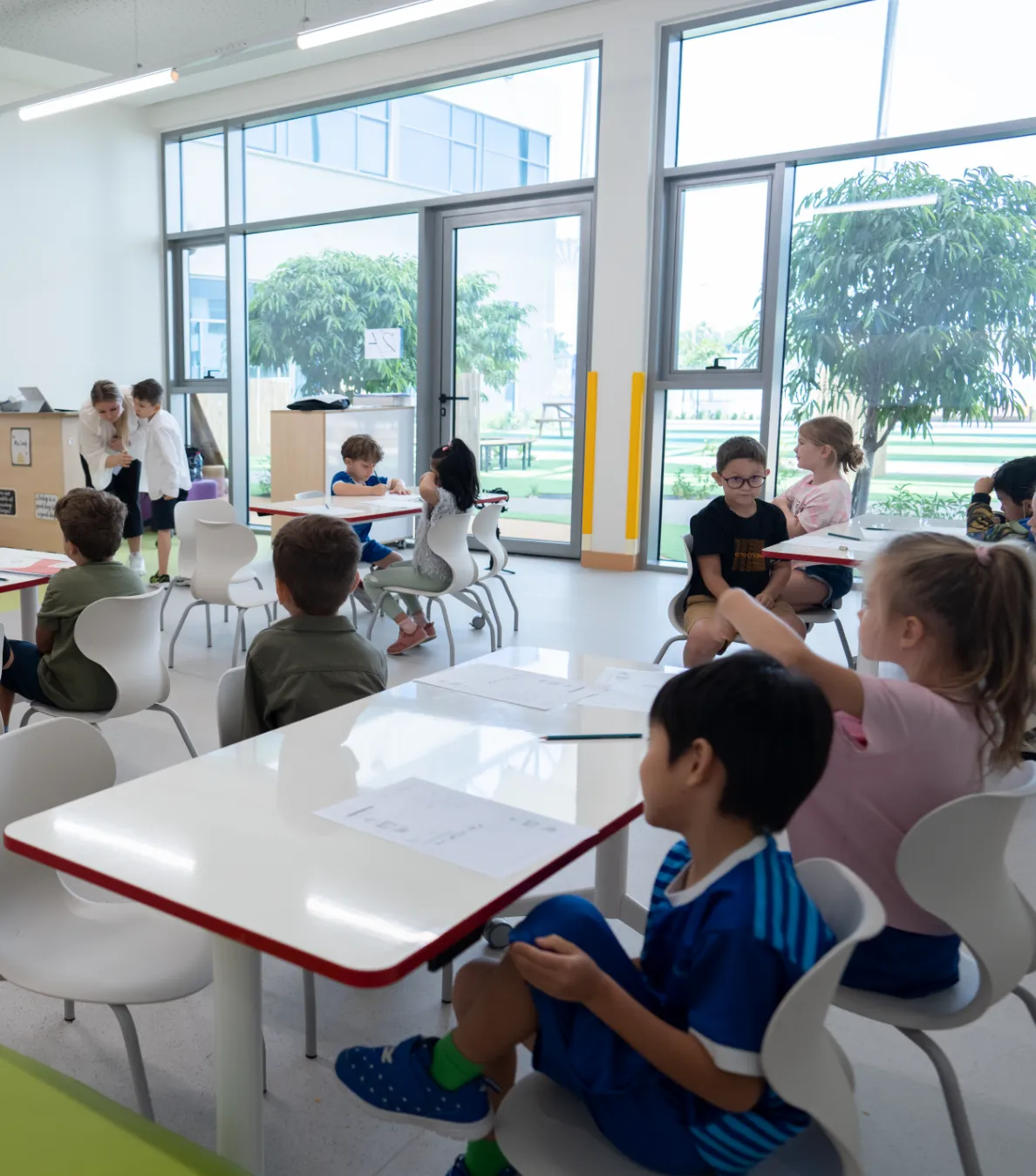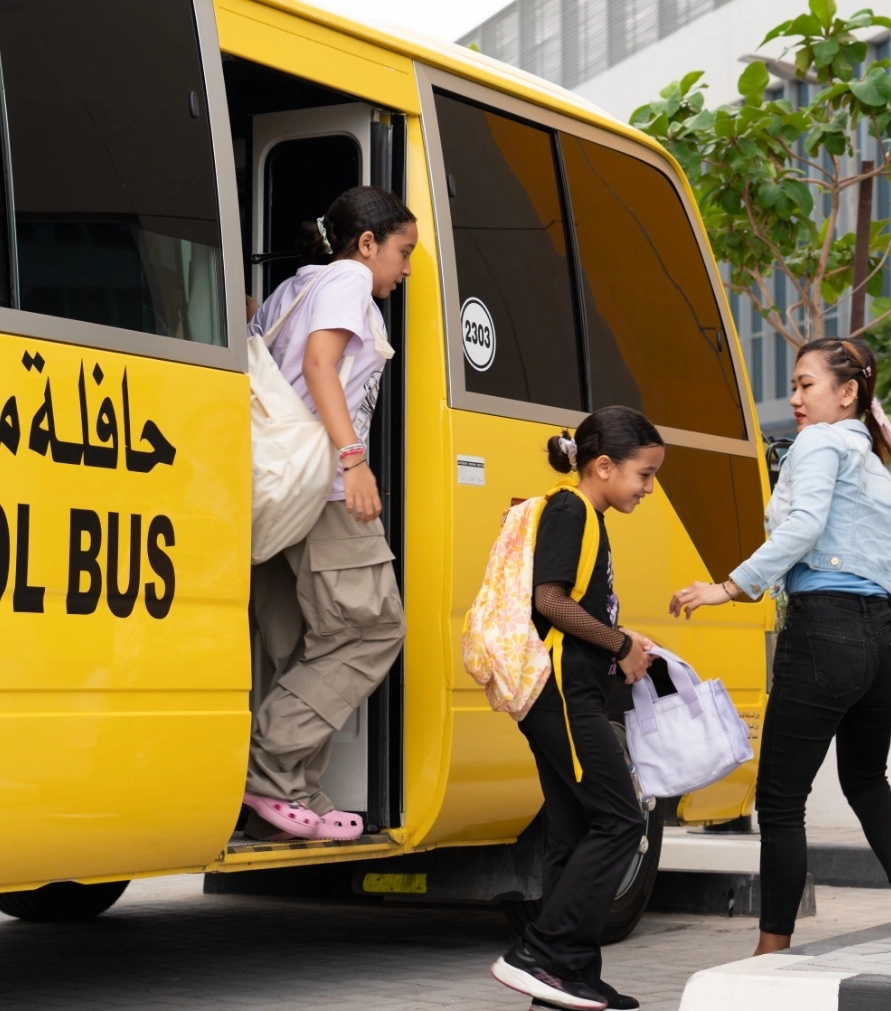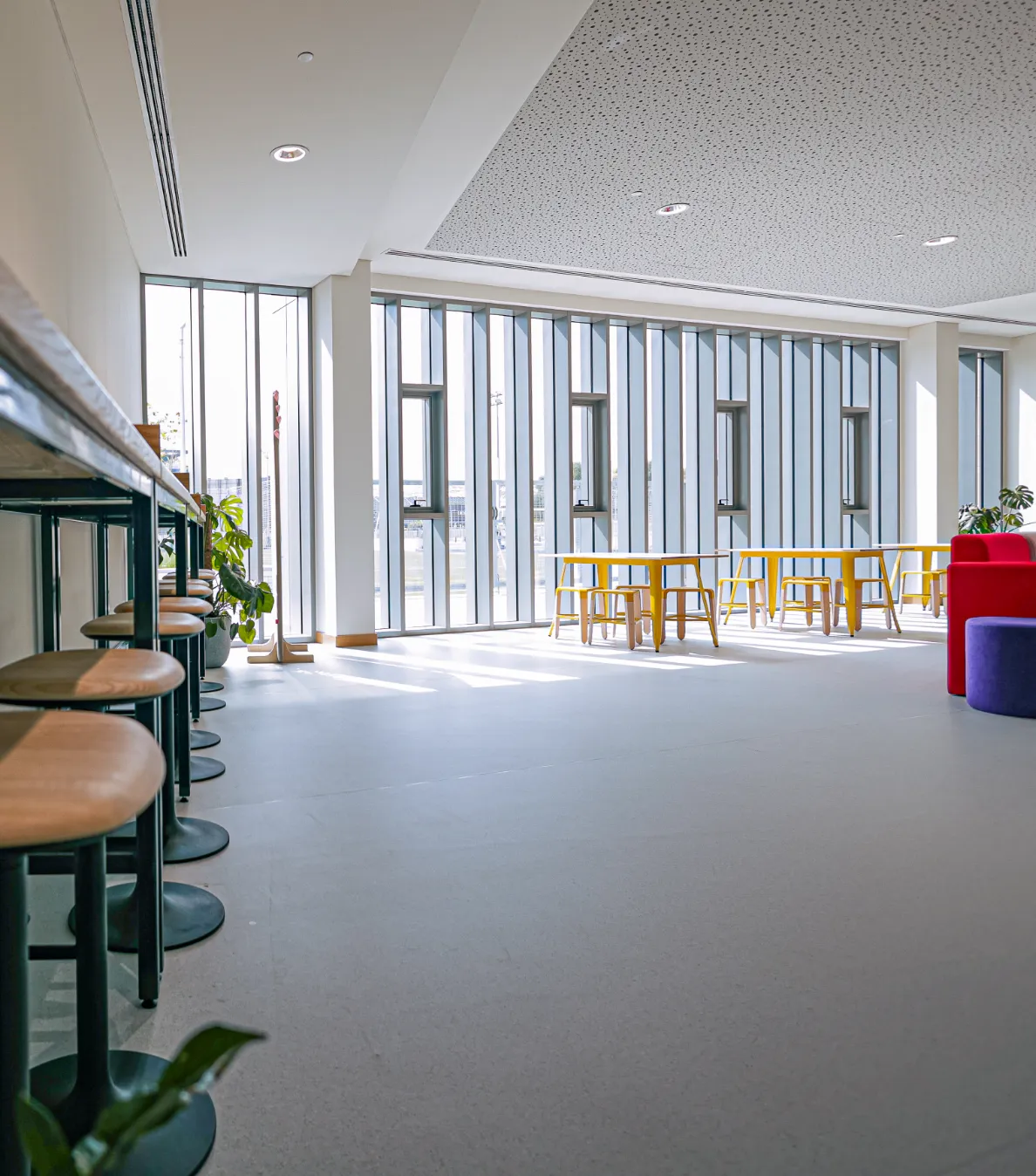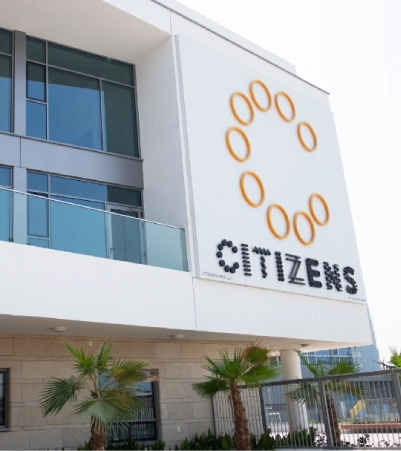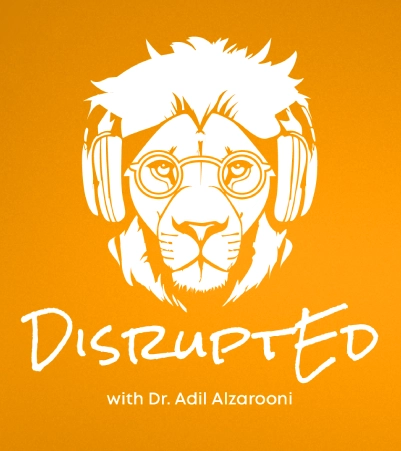
What Makes a School Community Thrive? Exploring the Roles of Parents, Learners, and Educators
What makes a school truly flourish? It’s not just the curriculum or exam results, but it’s the sense of connection that lives within the walls. In today’s educational sector, the most impactful schools are those where relationships come first. At Citizens School, the belief is simple yet transformative: learning happens best within a strong school community, where learners are known, educators are trusted, and parents are engaged.
A thriving school community is one where everyone, i.e. learners, educators, and families play an active role. It’s built on collaboration, open dialogue, and a shared commitment to each child’s growth. When these connections are strong, schools become more than places of education; they become spaces of belonging, purpose, and collective success.
Redefining ‘Community’ in a School Setting
A true school community development effort goes far beyond assemblies and routine interactions. It’s not just about being in the same place; it’s about sharing values, supporting one another, and creating a culture where every individual feels a sense of belonging. A thriving school community is one where relationships are nurtured with care and where each person’s voice matters.
At Citizens School, community is defined by connection. Education is seen as a human-centred journey where wellbeing, emotional safety, and shared purpose are just as important as academic progress. Learners are not only expected to excel but also encouraged to collaborate, reflect, and contribute meaningfully.
This vision recognises that learning doesn’t happen in isolation; in fact, it grows stronger when families, educators, and learners work together with mutual respect and openness. It’s this collective ownership that turns a school into a true community.
The Role of Learners: Taking Ownership of the Journey
At the heart of a collaborative learning environment are learners who take ownership of their journey. When children take ownership of their learning, school becomes a place of discovery rather than obligation. Instead of just absorbing information, learners start making meaning of the information they receive, along with shaping it and applying it in real-life contexts.
At Citizens, learner engagement is nurtured through personal inquiry, reflection, and goal setting. They’re encouraged to ask questions, pursue personal interests, and reflect on their progress. Through goal setting and portfolio building, they track their growth, not only in academics, but also in character, creativity, and collaboration.
When you give the learner a space to grow, learn, and bloom, their confidence automatically grows. Whether it’s mentoring a peer, initiating a community project, or speaking up in a school circle, learners at Citizens contribute to the culture of the school in real, visible ways. They’re not just learning for the future; they’re already shaping it.
The Role of Educators: Mentors, Facilitators, Co-Learners
In every thriving school, teacher involvement goes beyond delivering lessons. Teachers are mentors, facilitators, and co-learners who inspire curiosity, encourage risk-taking, and support emotional development. At Citizens, teachers are mentors first. They know their learners well, support their individual goals, and adapt instruction to align with each child’s needs and passions.
Rather than following a rigid script, educators design learning experiences that spark inquiry and promote emotional intelligence. They co-learn with learners, modeling humility, resilience, and the joy of exploration. Creativity isn’t a subject, but it’s a mindset that mentors cultivate every day.
Additionally, with mentors and educators, collaboration is key. Educators regularly connect with families to ensure a shared vision for each learner. Initiatives like learner-parent-educator reflection circles make this partnership tangible. When mentors, learners, and parents co-create learning pathways, the result is a more connected, compassionate, and impactful school experience.
The Role of Parents: Partners in Learning, Not Just Observers
Parents bring unique insights and strengths that enrich the educational journey. At Citizens, they don’t act as bystanders to their child’s learning experience; instead, they’re collaborators who shape learning alongside educators and learners.
Beyond attending parent–mentor meetings, parents engage in workshops, offer feedback on school initiatives, and participate in events like learning showcases. Their real-time input helps modify projects and classroom activities to reflect learners’ interests and family cultures.
Collaborating with parents makes open communication very essential. Citizens’ open-door policy and regular forums invite parents into the conversation. Whether it’s reviewing progress, co-designing service projects, or suggesting new extracurriculars, we make sure that the parents are involved. When parents and schools work in tandem, children benefit from a seamless network of support, ensuring their learning remains relevant, personalised, and deeply connected to home.
When Everyone Thrives Together: The Difference at Citizens
True synergy in any educational journey emerges when learners, educators, and parents unite around shared goals. At Citizens, this collective energy transforms the school into a living, breathing community, the one where everyone is known and known well.
Shared responsibility drives stronger outcomes. Educators design projects that draw on learners’ passions and families’ insights. Learners contribute leadership and fresh ideas. Parents bring real-world perspectives and resources. Together, they co-create learning experiences that resonate deeply with each child’s curiosity and strengths.
This partnership often comes to life during the community-building events such as exhibitions, parent–educator roundtables, and service-learning fairs. Learners present research to families, and parents join design sprints, while educators facilitate dialogue circles. These moments of collaboration strengthen mutual trust and celebrate the community’s collective achievements.
In this environment, success is measured not only by test scores but also by the connections forged, the confidence built, and the sense of belonging that empowers every member to thrive.
Conclusion
A school community is not defined solely by grades or test scores. It’s measured by how connected people feel, how supported they are, and how fully they participate. A strong school community is one where every learner feels valued, every educator feels empowered, and every parent feels included.
At Citizens, collaboration isn’t an ideal scenario, but it is a lived reality. Through shared values, open dialogue, and a commitment to knowing each individual well, the school fosters an environment where learning becomes purposeful and personal. Learners aren’t just students; they’re active contributors. Educators don’t just teach; they guide and grow alongside their students. And parents are more than supporters; they’re valued partners in the journey.
Together, this triad forms the heart of a truly future-ready school community. The one where every voice matters and every child can flourish.
